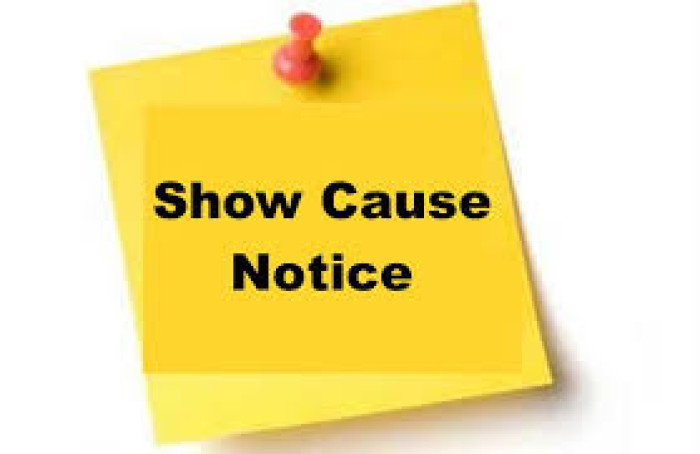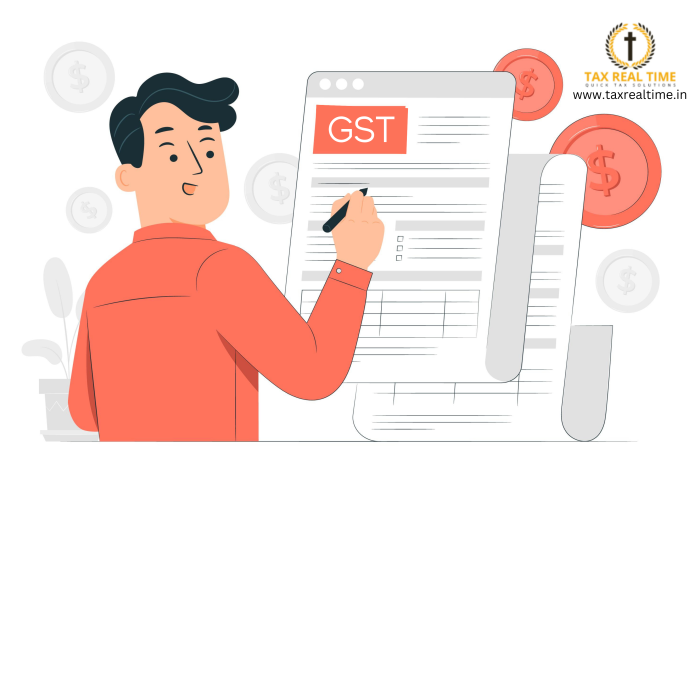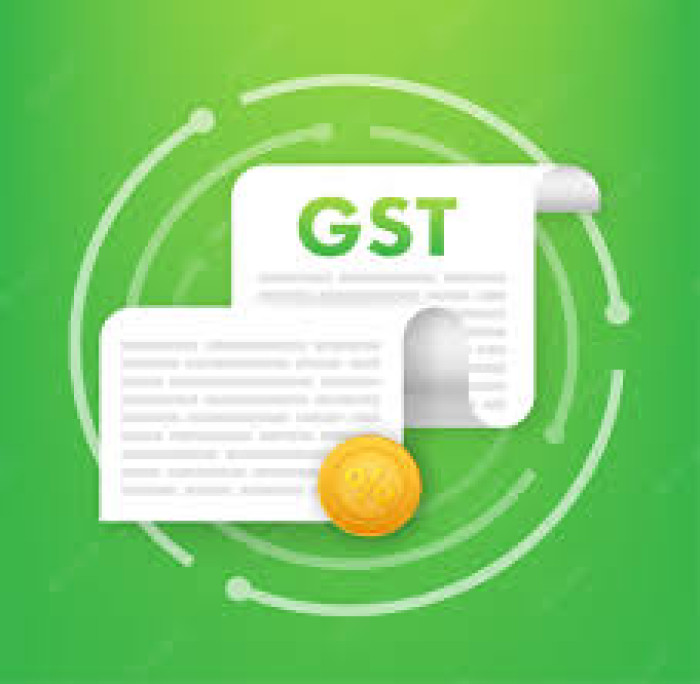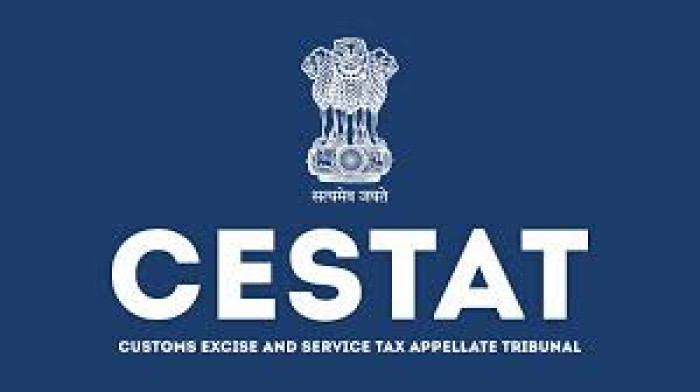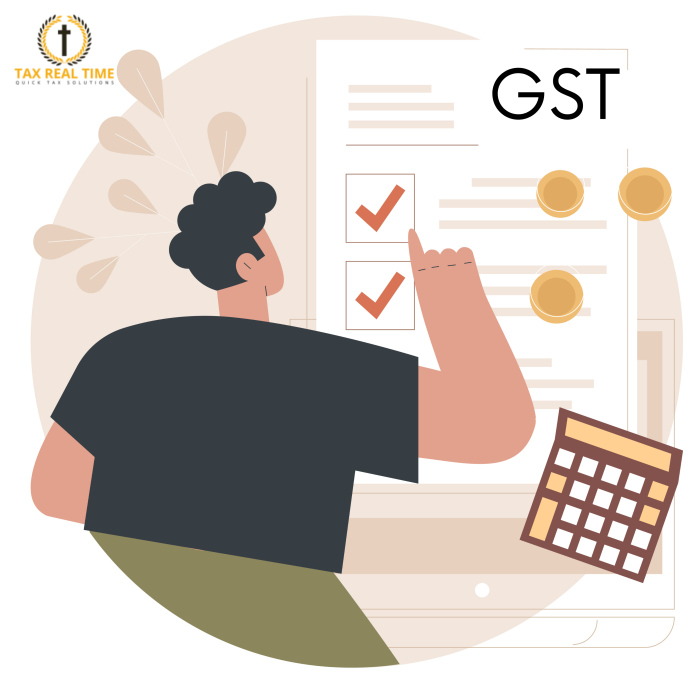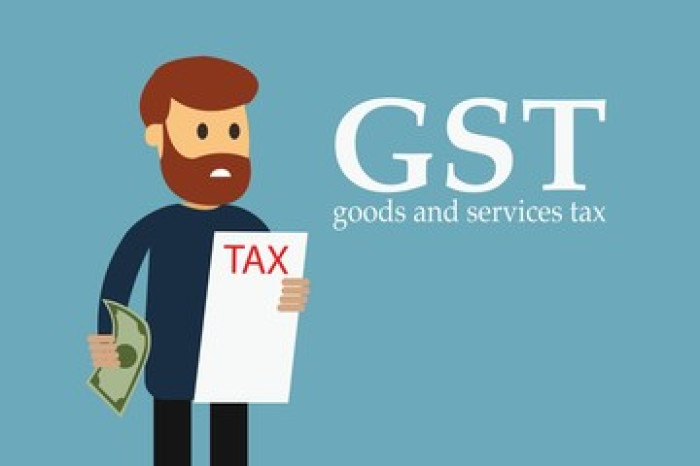J&K High Court – Cross empowerment under Section 6 is automatic, Officers appointed under State GST Acts are deemed proper officers under CGST Act; Section 74 does not prohibit a single composite SCN covering multiple financial years [Order attached]
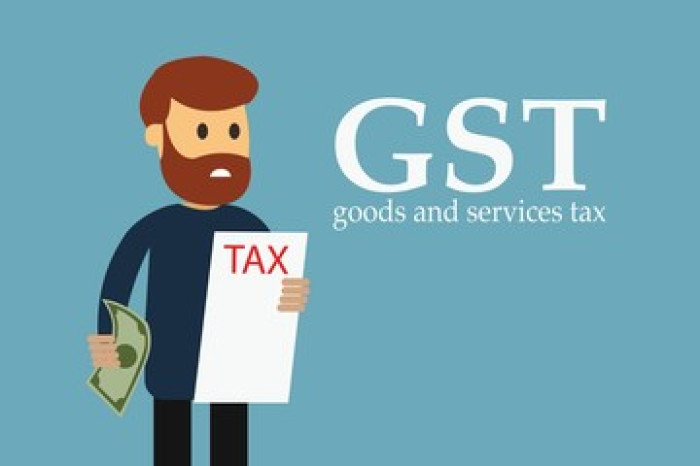

In a significant ruling by the Jammu & Kashmir and Ladakh High Court, it was determined that cross-empowerment under Section 6 of the CGST Act is inherent and does not require a specific notification. The case involved R.K. Ispat Ltd. and others, who challenged show cause notices issued by the Joint Commissioner, CGST Jammu, alleging fraudulent Input Tax Credit (ITC) claims through non-existent transactions. The authorities had discovered during searches that several units were non-functional and involved in the inter-trading of invoices without actual goods supply, leading to proceedings under Section 74 of the CGST Act for multiple financial years.
The petitioners contended that the Joint Commissioner was not competent to issue combined show cause notices for multiple years, particularly when amounts were below ₹1 crore, and argued that such bunching was impermissible. However, the court upheld that officers appointed under State GST Acts are deemed proper officers under the CGST Act automatically, without needing separate notifications unless specific conditions apply. This interpretation was supported by CBIC Circular No. 1/1/2017-GST and Supreme Court approval in a related case.
The court also clarified that Section 74 does not prohibit a single composite show cause notice for multiple years. It stated that intelligence-based enforcement actions could be initiated by either Central or State authorities, regardless of taxpayer assignment, if based on intelligence rather than routine audits. Consequently, the writ petitions were dismissed, allowing petitioners to address any remaining issues during the adjudication process.
Your free trial / membership plan is expired.
Kindly subscribe to get complete access to indirect tax updates and issue wise cases
Why subscribe to us ?
Get complete access to news updates and download copy of case laws/ notification/ circular etc.
Be a part of our WhatsApp group and read real time indirect tax updates
Access to ready case laws of General Issues and Industry Wide Issues under GST
Access to relevant provisions of law / circular in respect to the issues, along with trail of their amendments
Write your GST query to us for evaluation
Subscription Charges:*
Indirect tax updates -
6 months @299 / 1 Year @499 only
Indirect tax updates + Issue wise cases -
6 months @1199 / 1 Year @1999 only
*Plus applicable GST
Admin
08-Oct-2025 11:32:53
In a significant ruling by the Jammu & Kashmir and Ladakh High Court, it was determined that cross-empowerment under Section 6 of the CGST Act is inherent and does not require a specific notification. The case involved R.K. Ispat Ltd. and others, who challenged show cause notices issued by the Joint Commissioner, CGST Jammu, alleging fraudulent Input Tax Credit (ITC) claims through non-existent transactions. The authorities had discovered during searches that several units were non-functional and involved in the inter-trading of invoices without actual goods supply, leading to proceedings under Section 74 of the CGST Act for multiple financial years.
The petitioners contended that the Joint Commissioner was not competent to issue combined show cause notices for multiple years, particularly when amounts were below ₹1 crore, and argued that such bunching was impermissible. However, the court upheld that officers appointed under State GST Acts are deemed proper officers under the CGST Act automatically, without needing separate notifications unless specific conditions apply. This interpretation was supported by CBIC Circular No. 1/1/2017-GST and Supreme Court approval in a related case.
The court also clarified that Section 74 does not prohibit a single composite show cause notice for multiple years. It stated that intelligence-based enforcement actions could be initiated by either Central or State authorities, regardless of taxpayer assignment, if based on intelligence rather than routine audits. Consequently, the writ petitions were dismissed, allowing petitioners to address any remaining issues during the adjudication process.
Order Date: 30 September 2025
Case Title: R.K. Ispat Ltd. & Ors. v. Union of India & Ors.
Facts -
- The petitioners, registered under the CGST and J&K SGST Acts, were issued show cause notices dated 17.04.2024 and 31.03.2024 by the Joint Commissioner, CGST Jammu, alleging fraudulent availment of Input Tax Credit (ITC) through paper transactions.
- During search operations under Section 67(2), authorities found that most units were non-functional and had been involved in inter-trading of invoices without actual supply of goods.
- Based on this, proceedings under Section 74 of the CGST Act were initiated covering multiple financial years (2017–18 to 2021–22).
- The petitioners challenged the show cause notices as bunching of show cause notices for multiple years under Section 74 was impermissible.
Issue -
- Whether cross-empowerment under Section 6 of the CGST Act requires a specific notification; and whether the Joint Commissioner was competent to issue combined show cause notices for multiple years and amounts below ₹1 crore?
Order -
- The Court held that cross-empowerment under Section 6(1) of the CGST Act is inherent and automatic. Officers appointed under State GST Acts are deemed to be proper officers under the CGST Act without any need for separate notification unless specific conditions or restrictions are to be imposed.
- The Bench relied upon CBIC Circular No. 1/1/2017-GST dated 05.07.2017 and subsequent clarifications, which were approved by the Supreme Court in Armour Security India Ltd., 2025 INSC 982, confirming this interpretation.
- The Court observed that Section 74 does not prohibit a single composite show cause notice covering multiple financial years, and the validity of such bunching can be considered by adjudicating authorities based on facts.
- The court clarified that intelligence-based enforcement actions, where information on tax evasion originates from intelligence rather than routine audit, may be initiated by either Central or State authorities regardless of taxpayer assignment.
- The writ petitions were dismissed, granting liberty to the petitioners to raise remaining factual and procedural objections during adjudication of the show cause notices.
Related Post
Post Category
Your free trial/ membership plan has expired. Kindly subscribe to get complete access of tax news updates.

Why subscribe to us ?
Get complete access to news updates
Access to the Order Copy of the case law/ Notification/ Circular etc
Be a part of our Whatsapp group and read real time tax updates
Access to ready case laws/ circulars on general and industry-wide issues under GST
Submit your GST issues to us for evaluation






